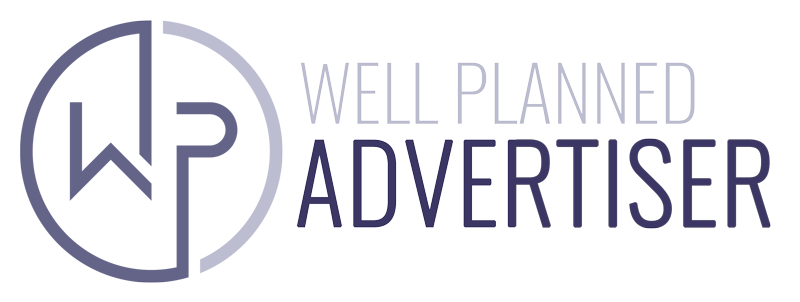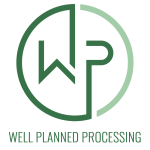Educational Philosophies
That Shape Homeschool Choices
From Charlotte Mason to Unschooling, the teaching methods
parents embrace influence every curriculum decision they make.
When a homeschool parent makes a curriculum decision, it isn’t just about cost or convenience. More often than not, it’s about philosophy. Parents anchor their choices in an approach to teaching that reflects their values, worldview, and long-term goals for their children.
This is why two families can look at the same math book and come to very different conclusions. One may see it as a perfect fit because it aligns with their philosophy; the other may dismiss it entirely. For marketers, understanding these frameworks is essential. If you can show how your product fits seamlessly into a family’s chosen approach, you’ve crossed the biggest barrier to trust.
Why Philosophy Matters
Exclusive Client Access
I hope you’ve enjoyed this look into the philosophies that quietly guide every homeschool purchase — from Charlotte Mason to Classical, Montessori to Unschooling. In the full article, we explore how each approach shapes what families value, how they choose curriculum, and how marketers can align messaging to build real credibility and trust within this deeply values-driven market.
Our Marketing Insights Division is home to a growing library of in-depth research, strategy frameworks, and case studies built from over two decades of homeschool industry expertise.
These resources are reserved for active Well Planned Advertiser clients, providing exclusive access to:
- Deep market intelligence on the values, history, and mindset shaping homeschool families
- Proven strategies for reaching parents across digital, print, and community channels
- Insights on shifting education trends, funding models, and emerging marketing technologies
- Forward-looking analysis to help brands anticipate change and position for long-term growth
If you’re not yet a client, you can still preview a portion of each article below — or book a strategy call to learn more about partnership access.
About the Author
Rebecca Scarlata Farris
With nearly 35 years in the homeschool world — first as a student, then as a mom of five, and now as a business owner — Rebecca has dedicated her career to helping families thrive. She launched Family magazine, created the first Well Planned Day Planners, and pioneered digital conventions and tools that reshaped how homeschoolers connect and learn.
Today, as the founder of Well Planned Advertiser, she blends her deep community insight with technology and strategy to build systems that help homeschool businesses reach families with precision.






